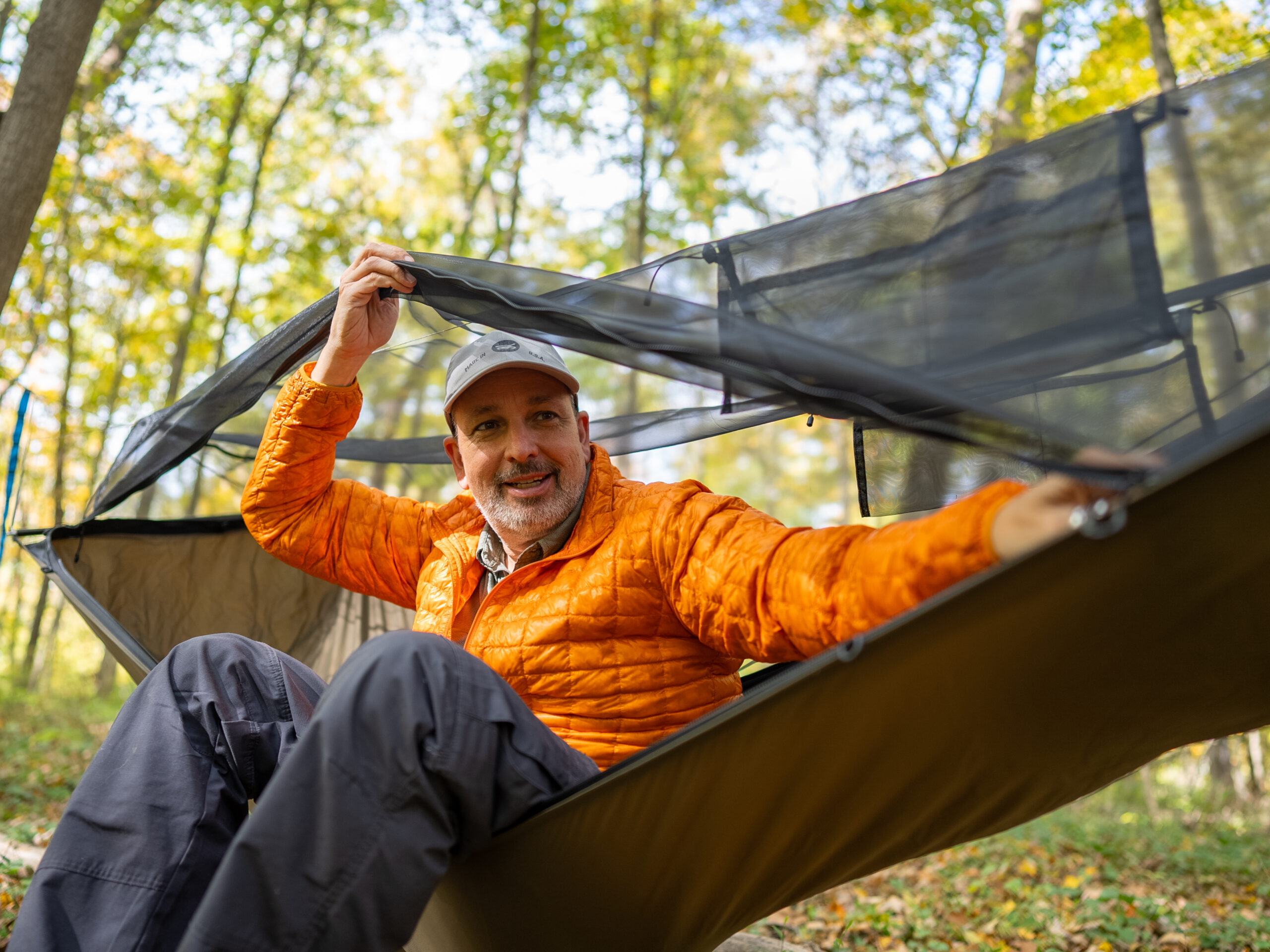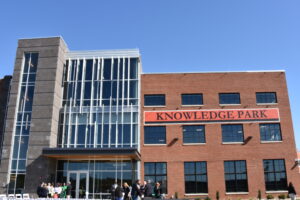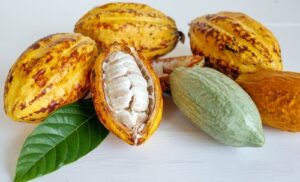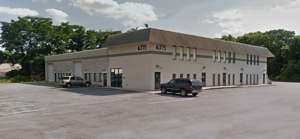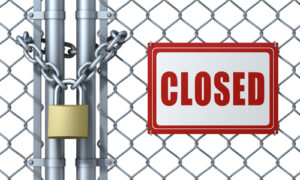When Tom “Dutch” Ressler strung up his first hammock during a through-hike on the Appalachian Trail in 2003, the equipment he carried was not always optimal.
“Staying dry was a challenge,” he said.
So, when he returned home to Lancaster, Ressler started fashioning his own gear.
The DIY adventure led him to launch his own business, which has benefitted from a wave of interest in hammock camping, a lightweight alternative to tents.
Innovation has been a lifeline for his Lancaster-based company, Dutchware Gear, which owns 34 patents. “People are hungry for the greatest and the newest,” Ressler said, with the focus on products that are lighter, stronger, easier to set up and more waterproof.
Dutchware recently introduced a bonded tarp that does a better job of warding off moisture than a sewed tarp, which has small needle holes.
But acquisitions also play a role.
Founded in 2013, Dutchware closed its most recent deal, its third since 2019, this month.
What’s the deal: The acquisition of Loco Libre, a New Jersey company that makes underquilts for hammocks, a product that keeps campers warm.
Hammock campers typically don’t use sleeping bags, since they can become compressed and lose their insulating power.
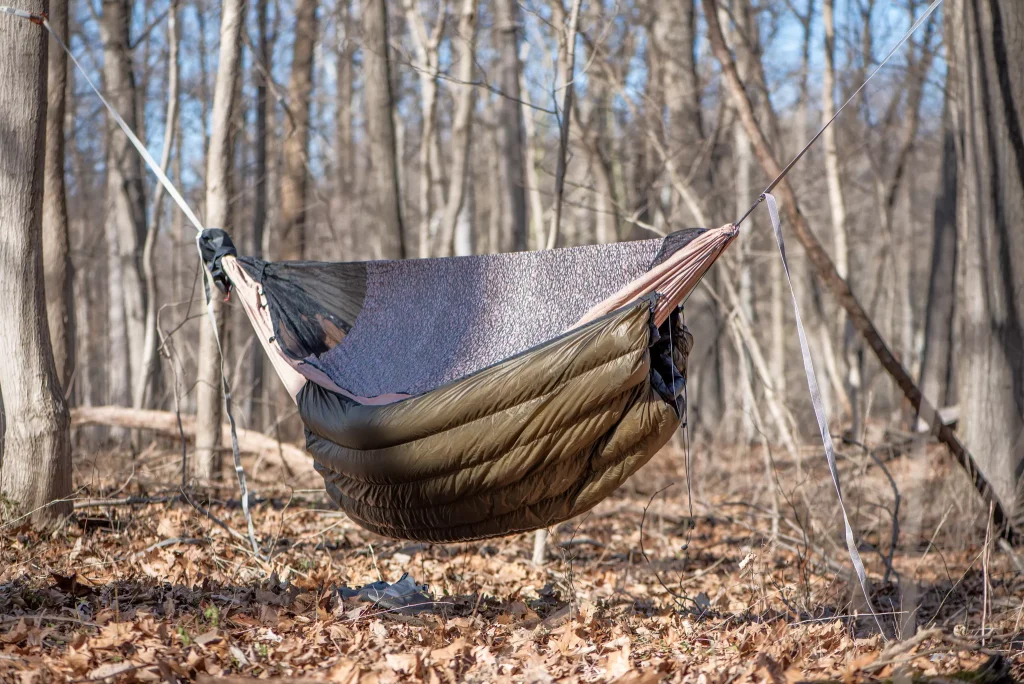
The underquilt from Loco Libre hangs from the bottom of the hammock, on the outside.
“They make the highest-quality quilts that are on the market today,” Ressler said, noting that Loco Libre’s former owner is retiring.
Dutchware is keeping the Loco Libre brand name but moving production to its 13,000 square-foot shop in Lancaster, where the company is likely to add two or three people. Dutchware currently employs 24, up from about 15 in 2017.
The other deals: Acquisitions of gear makers called Clark Hammocks and 2QZQ.
Based in Utah, Clark was one of the original hammock companies, Ressler said.
The owner was retiring after more than two decades, and Ressler did not want the business to be snapped up by an overseas competitor.
The products are still marketed as Clark Hammocks, he added.
Based in Lititz, 2QZQ makes a shield that protects hammocks from rain splattering up from below, said Ressler, who is friends with the former owners and sought to add their product to his company’s portfolio.
About 18 months ago, meanwhile, Ressler added a partner, Phi Le, who has experience in manufacturing. Le has a 50% stake in the business, Ressler said,
Ressler acquired the nickname Dutch, a nod to his Lancaster County roots, on his 2003 through-hike.
What’s the market: After years of growth, Ressler estimates that nearly 10% of Appalachian Trail hikers use hammocks, though he suspects the numbers may have reached a plateau.
The gear is lighter and less complicated to set up, as long as there are trees, Ressler said. “I don’t need a flat spot. That gives you a lot of freedom.”
Sleeping on a hammock suspended in the air also is more comfortable than sleeping on the ground.
The Dutchware website hawks a range of equipment, from hammocks and ropes to bug nets and backpack covers.
In addition to hammock gear, Dutchware has branched into the golf and hunting markets.
The products include printed golf club covers and hunting saddles, essentially slings that allow hunters to sit while hanging from a tree.
Another promising market is materials used in saddle bags for bike campers, Ressler said.
Dutchware also sells its own freeze-fried food for camping.
The recent trends: Camping and outdoor recreation in general boomed in the wake of the Covid-19 pandemic but the market shrank by 20% to 30% in 2023, Ressler said.
Dutchware had its first-ever dip in sales last year but is bouncing back this year, he said, declining to share revenue.
State and local officials around Pennsylvania have been working to maintain the sector’s momentum.
In 2023, Gov. Josh Shapiro unveiled a new state office focused on outdoor recreation, a roughly $14 billion industry in Pennsylvania.

